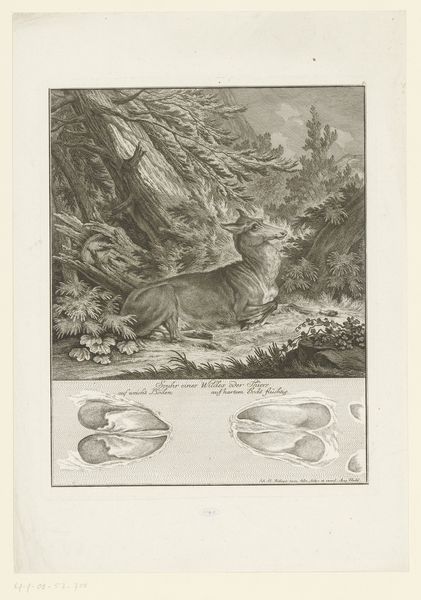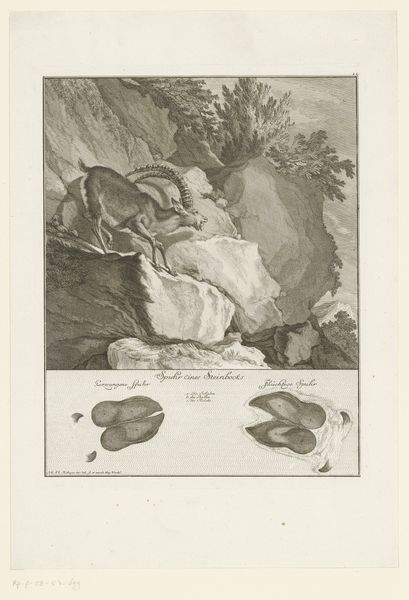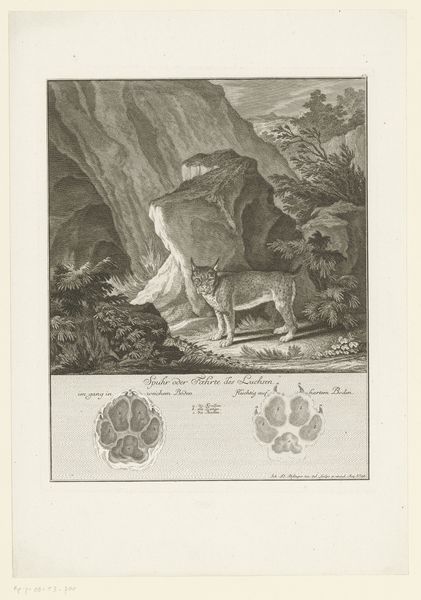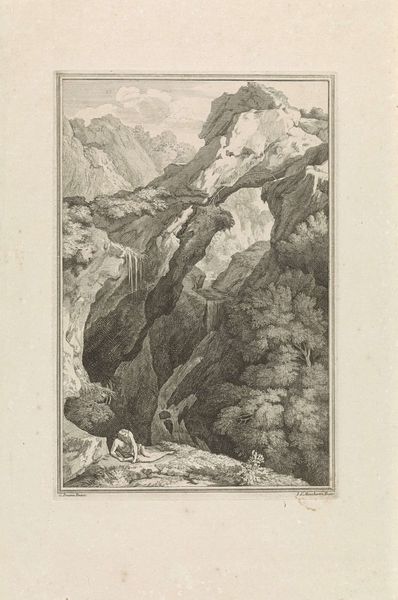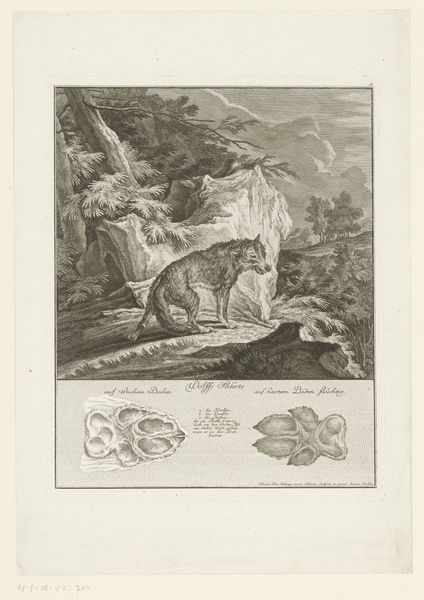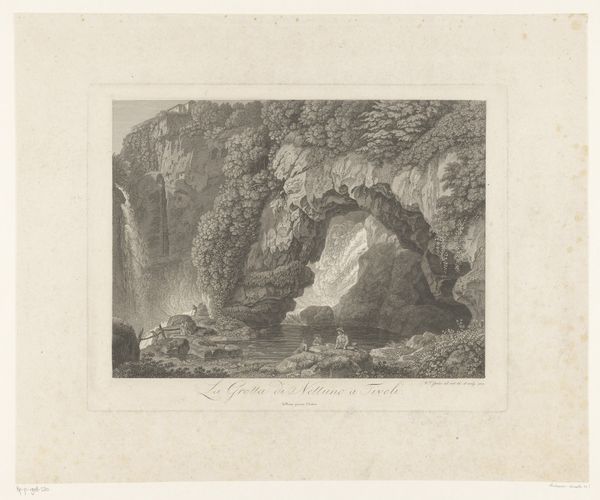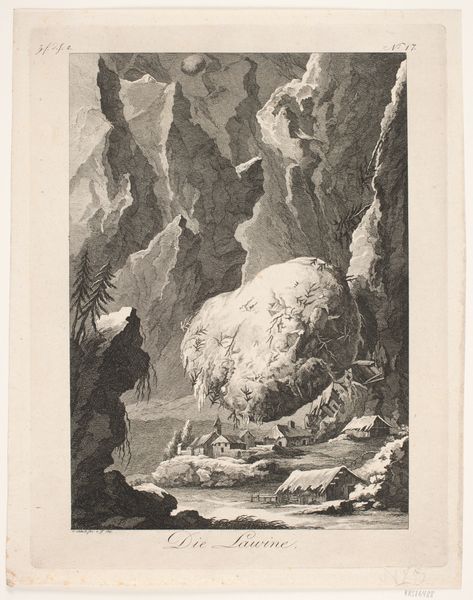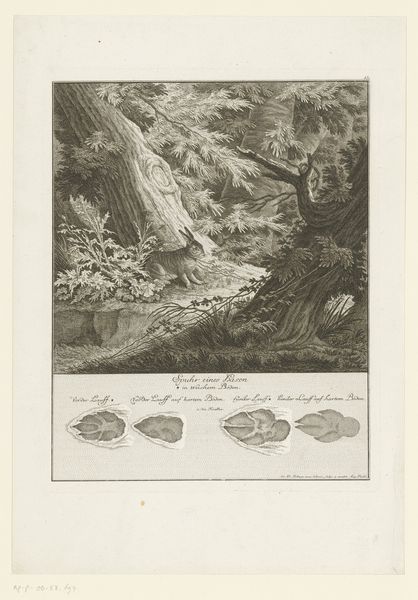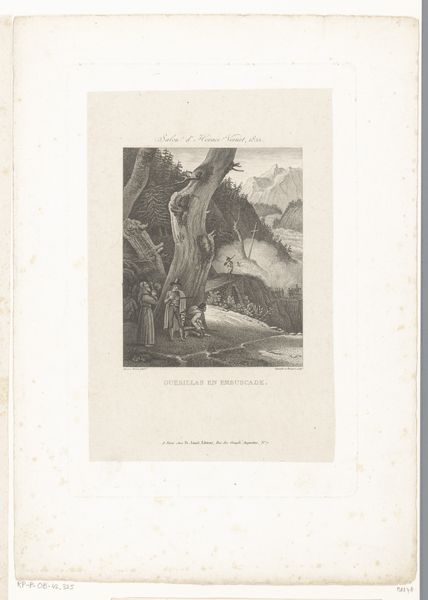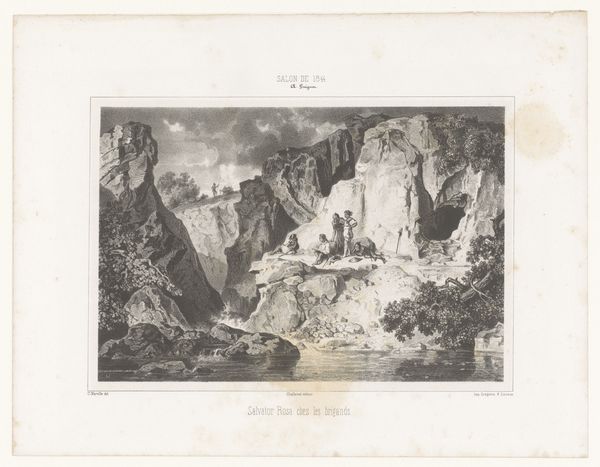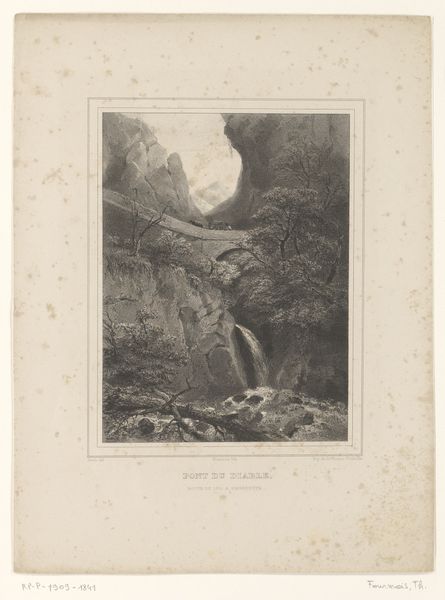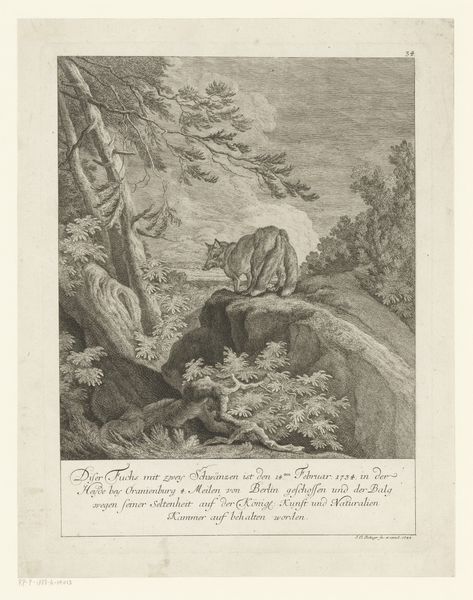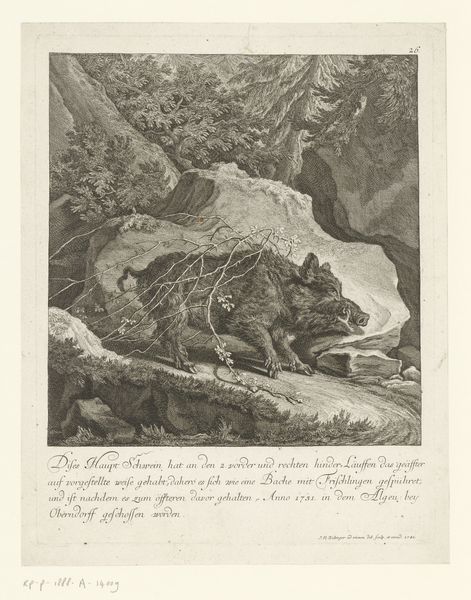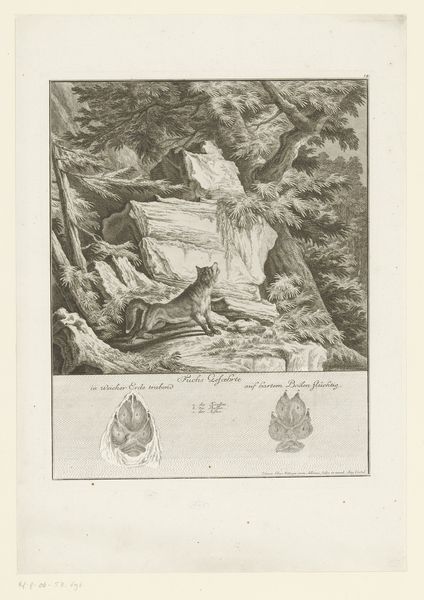
print, etching, engraving
#
baroque
#
animal
# print
#
etching
#
old engraving style
#
landscape
#
engraving
Dimensions: height 375 mm, width 301 mm
Copyright: Rijks Museum: Open Domain
Johann Ridinger made this print, Gems met spoor, with etching around the mid-18th century. It depicts a chamois resting in an idealized landscape, accompanied by diagrams of its tracks in different types of terrain. Ridinger was working in Augsburg, Germany during a period when the Holy Roman Empire was beginning to fracture. Art institutions such as academies played a crucial role in unifying German culture, but they did so by promoting conservative, classically inspired art and architecture. Ridinger took a different path, producing thousands of prints of animals, hunting scenes, and other genre subjects. His popular prints catered to the interests of a rising middle class with less interest in the old hierarchies of the aristocracy. To better understand Ridinger, we can turn to sources such as historical sales records that tell us about the production and reception of his images. The meaning of this print lies in its challenge to the dominant artistic culture of its day, reflecting broader social and economic changes.
Comments
No comments
Be the first to comment and join the conversation on the ultimate creative platform.
